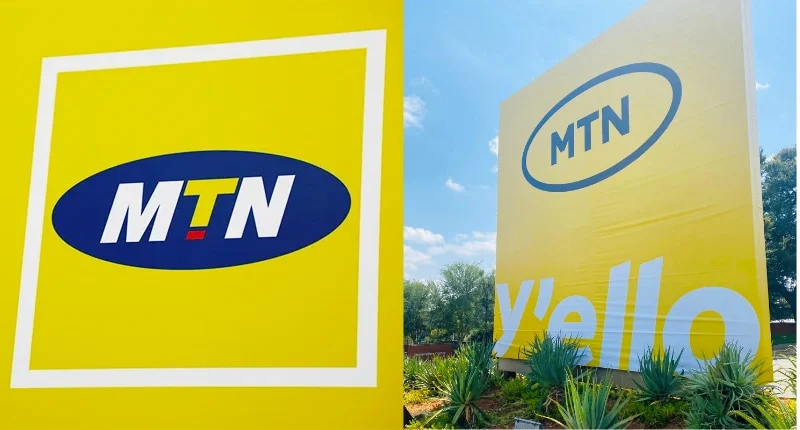MTN Nigeria Issues Stark Warning: Shut-down Imminent Without Regulatory Policy Reversal
The country’s leading telecommunications provider, MTN, is facing financial struggles and has issued a stern warning: if the government doesn’t revamp policies to allow for increased tariffs, the company may have to shut down its operations in Nigeria.
According to MTN’s CEO, Karl Toriola, the sector urgently needs to regain profitability to maintain its operations. The company has invested heavily in social initiatives, but with a current reserve of ₦2.6 billion, those funds will not be sufficient in the long term.
The operating environment has become increasingly unfavourable, with the telecommunications industry facing significant financial losses. Toriola believes that prompt action is needed to stem these losses, citing the need to adjust tariffs to reflect the true cost of running the business.
As reported, telecommunications providers first proposed a tariff increase earlier this year to address operational expenses and improve service quality. Without these adjustments, both financial stability and service standards will continue to decline.
The high cost of diesel, a major component of running base transceiver stations, has become unsustainable, and MTN is struggling to keep up with the rising expenses. It’s imperative that the government develops a plan to increase tariffs to reflect these economic realities.
Toriola warned, “If we don’t increase our tariffs, we’ll have to shut down. There’s no room for false hope here – we need tangible action from the government to salvage our operations.”
MTN’s tax contributions have decreased significantly due to its current financial struggles, and the company has adopted a cautious approach to capital expenditures for 2024. Meanwhile, Airtel is also being cautious with its spending, while 9mobile and Globacom, two privately held competitors, are not listed on the stock exchange.
Despite these challenges, MTN reported a significant loss of ₦519.1 billion in the first half of 2024, largely due to foreign exchange losses resulting from the naira’s devaluation and rising inflation rates.
The company is at risk of suspending its Unstructured Supplementary Service Data (USSD) banking services due to an outstanding debt of ₦250 billion owed by Nigerian banks. Without regulatory approval, MTN will discontinue supporting USSD services, which are crucial for banking transactions, unless the debt is settled and tariffs are revised to align with current economic conditions.
Toriola expressed hope that the newly appointed Governor of the Central Bank of Nigeria and the Executive Vice Chairman of the Nigerian Communications Commission will take swift action to alleviate the ongoing financial struggles.
He emphasized the vital role the telecommunications sector plays in boosting Nigeria’s economy, urging the government and regulatory bodies to act swiftly to prevent severe consequences from inaction.



